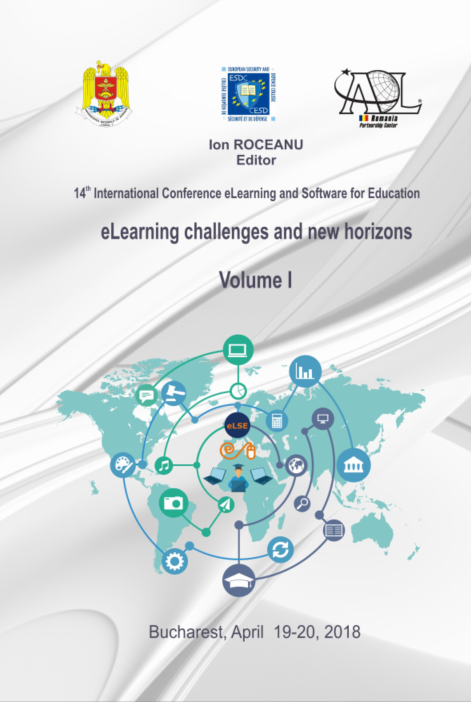Gamification and Game-Based Learning – a Solution for Romanian Education System?
Gamification and Game-Based Learning – a Solution for Romanian Education System?
Author(s): Andreea-Larisa Boboc, Gheorghe Orzan, Ivona Stoica, Cristina NICULESCU-CIOCANSubject(s): Social Sciences, Education, Higher Education
Published by: Carol I National Defence University Publishing House
Keywords: gamification; game-based learning; e-learning platform; marketing experiment;
Summary/Abstract: Throughout history, many people have supported the use of game and gaming-inspired design in order to improve the human life. In the middle of 2000s, the confluence of web technologies, digital business models and online games gave rise to the latest manifestation of this basic idea. Large organizations have begun to explore gaming as a way to motivate people and improve user experience. Gamification is applied from education and training to health, management, innovation, employee involvement, patrimony, crowdsourcing, civic engagement and marketing (Seaborn & Fels, 2015). Also, mobile applications and different sites have borrowed design elements (points, badges, or social networking game rankings and meta-game systems) to motivate users' activity. More and more curious or enthusiastic people from different fields of activity are moving towards this term. Game-based learning represents an education learning method through games. The present paper aims to highlight the importance of gamification and game-based learning used in education. It has been realized an experiment to students for seeing, if the game-based learning technique has any effect on them, becoming more motivated to learn or changing their attitude or behaviour. The experiment has been based on two groups of students; the first one, had received a test paper and the second one had to pass a quiz, built to the online platform, called kahoot.it, after they read a paper about marketing research subject. The results have been analysed by the help of SPSS 22.0 program, and the hypotheses were verified with independent t test. The experimental model used for research was post-test with control. This study contributes to the developing of education system using modern techniques, in order to improve the student knowledge.
Journal: Conference proceedings of »eLearning and Software for Education« (eLSE)
- Issue Year: 14/2018
- Issue No: 01
- Page Range: 242-248
- Page Count: 7
- Language: English

